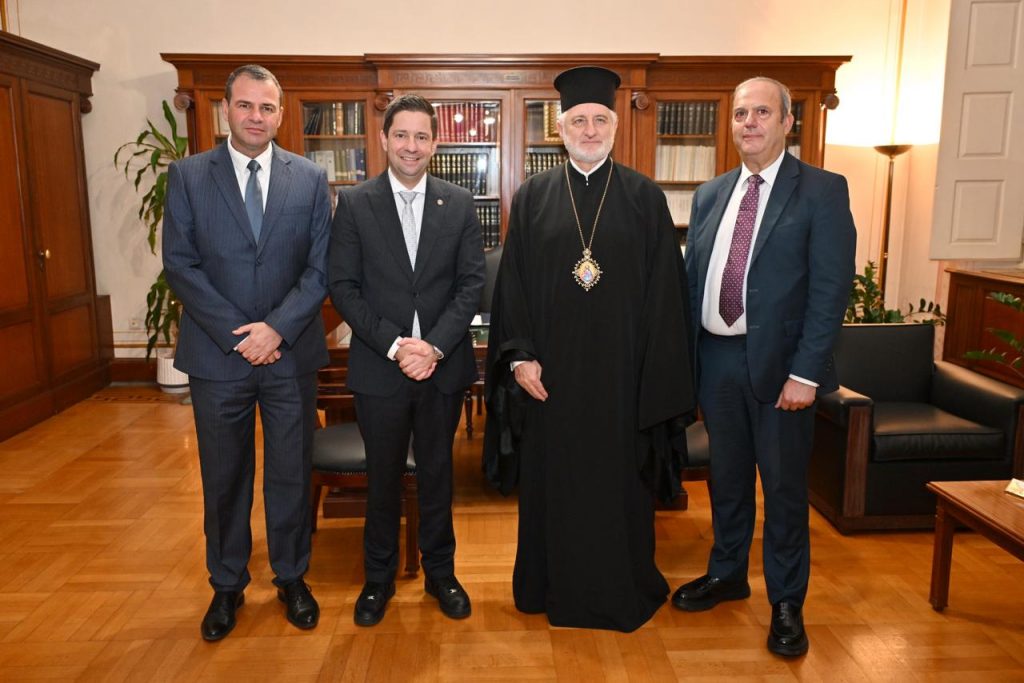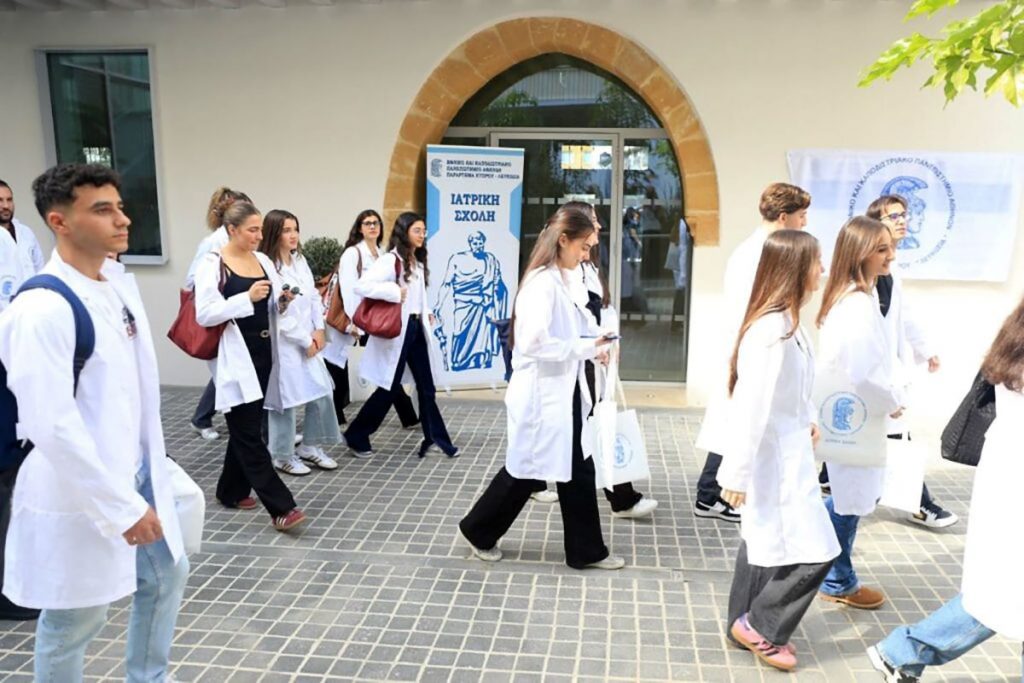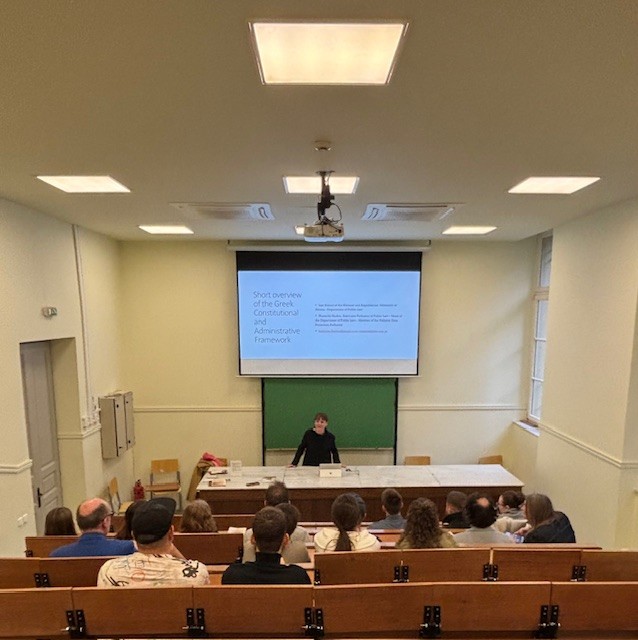Targeting cellular senescence as a therapeutic strategy is considered of great promise to address age-associated diseases including cancer, cardiovascular, neurodegenerative, pulmonary, kidney or musculoskeletal diseases. But cellular senescence is a coin with two sides. While chronic senescence is widely implicated in tissue pathology, transiently induced senescence is a vital part of the healing process. Therefore, a deep understanding of senescence processes is needed to tackle precisely the right cells at the right time.
Cellular senescence is a state triggered by stress, characterized by stable cell cycle arrest and increased secretory activity. Recent advancements in tools for studying senescence have opened new possibilities for understanding its diverse roles in health and disease and for exploring senescent cells as therapeutic targets. However, identifying and characterizing senescent cells in tissues and living organisms present several conceptual, methodological, and practical challenges. Traditional markers of senescence, which were originally discovered and validated in cell culture models, often do not function well in the natural tissue environment or “in situ.”
The newly devised “MICSE” guidelines, short for “Minimal Information on Cellular Senescence Experimentation in vivo”, have been developed as toolset that enables a more accurate assessment of the impact of senescent cells on physiological and pathological processes. They provide a comprehensive and updated overview of senescence markers across various contexts and discuss the technical adaptations necessary for the different types of materials available for studying senescence, including biopsies and liquid biopsies like blood samples, and cancer samples, each with their own unique properties and limitations. As there is no single biomarker for cellular senescence, MICSE is based on a uniform toolset of markers and techniques based on multiple indicators that need to be measured simultaneously. The guidelines have now been published in the prestigious scientific journal “Cell”.
The MICSE guidelines were conceived by a group of scientists from Austria, Greece, the United Kingdom, Spain, the United States, Italy, Japan, Israel, Canada, Germany, and the Netherlands. Prof Vassilis Gorgoulis, from the Faculty of Medicine, National Kapodistrian University of Athens, Greece, is one of the key scientists of this consortium, who designed new innovative tools that streamline senescence detection. “Art is I, science is we” is a prominent quote by Bernard, one of the name patrons of the initiative. This does by no means speak against the multifaceted nature and varying viewpoints that make science robust. On the contrary, an agreement on basic guidelines allows for scientific discussion and debate across laboratories and country borders. By working together and agreeing on a universal framework, researchers can ensure they all speak the same “language” in order to meet one of the pressing challenges of our societies: the over-aging populations and the high socio-economic burden associated with it, which mandates for strategies to increase the health span of individuals, to get more life into our years.

















